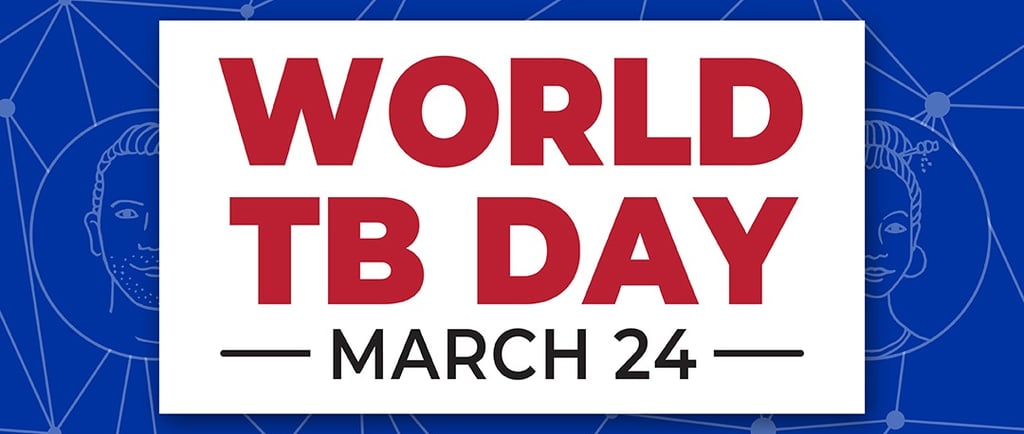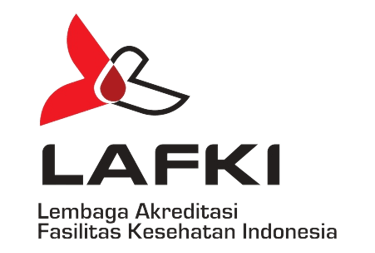LAFKI: Ending the Tuberculosis Epidemic: Hope and Action
By Dr. H. Ahyar Wahyudi, S.Kep.Ns, M.Kep, FISQua, FRSPH, FIHFAA


Inspirational stories are often the catalysts for significant change in society. Since the beginning of this millennium, global efforts to end tuberculosis (TB) have saved an estimated 75 million lives. However, data shows that in 2022, 10.6 million people will fall ill with TB, and 1.3 million will die from the disease. The theme for World TB Day 2024, ‘Yes! We can end TB!’, conveys a message of hope that getting back on track to reverse the TB epidemic is possible through high-level leadership, increased investment, and faster acceptance of new WHO recommendations.
Expert theory emphasizes that ending the TB epidemic requires strong collaboration between governments, global health organizations, and civil society. WHO has committed to releasing an investment case for scaling up TB preventive treatment as a concrete step to help countries increase access to treatment. However, the theory also highlights that implementing these policies and programs can be challenging at the local level, such as infrastructure issues, lack of resources, and lack of public awareness.
Awareness of the importance of ending the TB epidemic has increased significantly, especially after the commitment of world leaders at the UN summit in 2023. However, transforming commitments into real action is a real challenge that needs to be overcome. Through the national accreditation program implemented by LAFKI, it is hoped that it will be able to reduce the TB morbidity rate significantly. However, challenges remain, especially in increasing public awareness, strengthening health systems, and ensuring universal access to TB prevention and treatment.
Empirical research shows that global efforts to end the TB epidemic have had a significant positive impact, with millions of lives saved since the beginning of the millennium. However, real challenges remain at the local level, where LAFKI's role in accrediting health facilities is key to ensuring that high standards of TB treatment can be applied consistently across countries. Through the national program supported by LAFKI, improvements have been seen in TB management in Indonesia, although new challenges continue to emerge.
In this regard, scientific research and empirical data show that investment in TB prevention, diagnosis, and treatment has a significant long-term impact in reducing the burden of this disease. In addition, the development of resilient health systems and universal access to health services are key to achieving these goals.
Ending the TB epidemic is not an easy task, but it is not impossible either. Through high-level commitment, the right investment, and real action at the local level, we can achieve the vision of a TB-free world. LAFKI's role as an accreditation body for health facilities in Indonesia through a national program has proven that with hard work and collaboration, we can make significant progress in overcoming the TB epidemic. Only by continuing to move the wheels of action can we ensure that no one is affected by the devastating impacts of this disease in the future.


